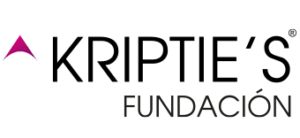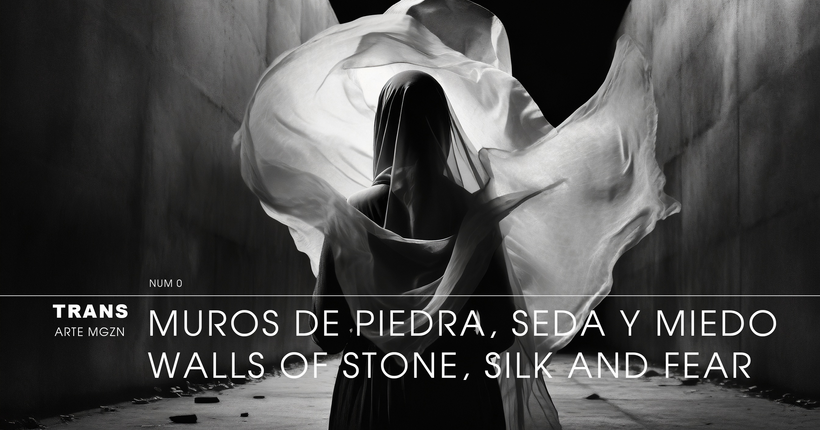El 9 de noviembre de 1989, el mundo observó con asombro la caída del Muro de Berlín, un evento que simbolizó la reunificación de Alemania y el fin de la Guerra Fría y, con ello, la expansión de la democracia en Europa Central y del Este
El gesto de tal magnitud, también por la longitud y peso de sus bloques de piedra, nos hizo divisar y respirar profundamente una Europa en paz, involucrándonos artísticamente en la exploración de la identidad, la memoria histórica y la reconciliación de diversas formas, como el graffiti en el Muro de Berlín, para transmitir mensajes de cambio.
Una esperanza tan intensa como fugaz, desvanecida tan solo dos años después con la Guerra de los Balcanes y, ahora, ya olvidada tras la invasión rusa a Ucrania y los trágicos acontecimientos que están teniendo lugar en Gaza, donde Israel, un Estado democrático que debería regirse por el derecho internacional, ignora los derechos más básicos del pueblo palestino.
Y precisamente hoy queremos hablar de la revolución que marcará los años venideros, la que hacen las mujeres día a día buscando una igualdad real independientemente del género.
Mientras tanto, en Irán, las mujeres se enfrentan desde décadas a un muro de opresión casi invisible, de seda, pero igual de infranqueable. La Revolución Islámica de 1979 les supuso la imposición de un régimen teocrático limitando drásticamente sus derechos, con importantes restricciones que marcaron un retroceso en la igualdad de género. Y el uso obligatorio del velo.
A pesar de las restricciones y arriesgando sus vidas, son muchas quienes luchan por sus derechos y desafían con sus obras de arte como herramientas de denuncia.
Desde Kripties no podemos más que agradecer enormemente la generosidad de todas las mujeres iraníes que nos han permitido vivir de primera mano este pequeño pero conmovedor homenaje, y así poder contribuir al merecido reconocimiento internacional de su creatividad y coraje, promoviendo la concienciación sobre su situación.
Así, hoy inauguramos nuestra edición especial TRANSARTE MGZN cuyo número cero se nutrirá durante una semana con el testimonio y obra de una artista iraní cada día.
Gracias.
On 9 November 1989, people all over the world were amazed as they watched the Berlin Wall fall. That event marked the reunification of Germany and the end of the Cold War, bringing with it democracy to Central and Eastern Europe.
The enormity of the gesture, combined with the length and weight of the stone blocks, took our breath away. It highlighted a peaceful Europe and brought us into artistic exploration of identity, historical memory, and reconciliation, through mediums such as graffiti on the Berlin Wall, aiming to spread messages of change.
The hope, however intense, was short-lived. It vanished just two years later with the Balkan War and is now forgotten, overshadowed by the Russian invasion of Ukraine and the tragic events taking place in Gaza, where Israel, a democratic state that should be bound by international law, is ignoring the most basic rights of the Palestinian people.
And just today, we want to talk about the revolution that will mark the coming years, the revolution that women are making day by day in their quest for real equality, regardless of gender.
For decades, Iranian women have encountered a nearly imperceptible but unyielding barrier of oppression made of silk. The Islamic Revolution of 1979 led to the establishment of a theocratic regime that drastically curtailed women’s rights, resulting in notable restrictions and diminished gender parity. As a result, donning the veil is now compulsory.
Despite the limitations and life-threatening danger, numerous individuals struggle for their freedoms and confront injustices through their art as a means of condemnation.
At Kripties, we can only be grateful for the generosity of all the Iranian women who have allowed us to experience first-hand this small but moving tribute, and thus contribute to the well-deserved international recognition of their creativity and courage, and raise awareness of their situation.
Thus, today we inaugurate our special edition TRANSARTE MGZN, whose number zero will be nourished daily for a week, with the testimony and works of an Iranian artist every day.
Thank you.

